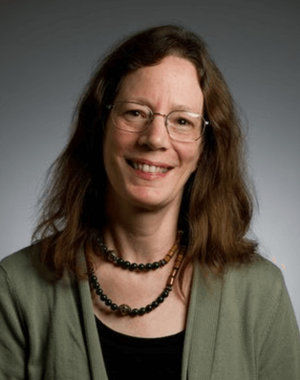 "
"
Laura Dassow Walls is the William P. and Hazel B. White Professor of English at Notre Dame. Her research primarily focuses on the Transcendentalism movement. Interested in historical American figures such as Henry David Thoreau and Ralph Waldo Emerson, Walls explores how language finds its place in the non-human world of the outdoor environment. Her most recent of several books on the topic — a comprehensive biography entitled 'Henry David Thoreau: A Life,' — was published in 2017, the 200th anniversary of the author's birth. This semester will be her last teaching at Notre Dame as she transitions into retirement.
What inspires your academic research?
I was always close to nature. Part of my family was deeply involved in environmental causes, so that always seemed like part of my life. I’ll put it this way: You walk into the woods, you walk into the world, or even just right outside your window, and you become aware of a non-human world. So: the grass, the atmosphere, the clouds, even the substance of the bricks or clay, the materiality of the world around you. How does that get into language? Thoreau’s journals are where I started, where he walks out into the world and observes everything and tries to put into language what he sees, what he thinks, what moves him; it all connects. I’ve always been intrigued, mystified and fascinated by how the non-human world becomes language. So what is the language that we then use to communicate, and how does it open this relationship between the human and the non-human world? I’ve been at that all my life.
What brought your career to Notre Dame, and what do you enjoy most about being here?
Transcendentalism, my core field of study, was originally a religious movement, and it retained that foundation all through the people who worked within it, who stayed part of the movement in all the directions it went. It was always fundamentally motivated by religion, so the problem I found was that religion, in secular contexts, had been off the table as something you could research, discuss or talk about. I had a very secular upbringing, and I was comfortable with that up until a point that I wasn’t comfortable with it anymore. I realized I couldn’t understand the people I was trying to understand unless I could really have deep conversations about all forms of religion. So when the job opened here at a religious university, and I was fortunate enough to interview here, I instantly felt very comfortable here. The people, discussions, conversations and the questions were so high-level, challenging and exciting. I thought, as I looked around and experienced what this place is, about this moral seriousness. Together with the Notre Dame principle of "welcoming people of all faiths or none,” I thought: There is space for me, too, somewhere in there.